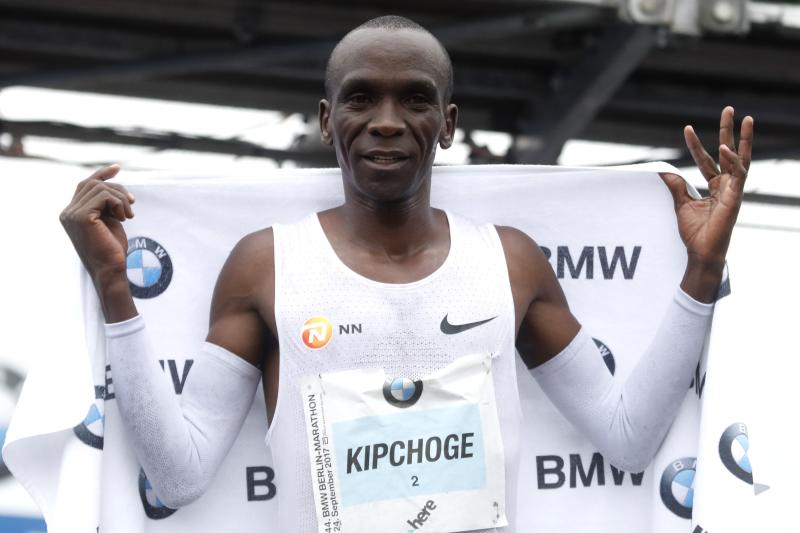×
The Standard e-Paper
Stay Informed, Even Offline

When marathon world record holder Eliud Kipchoge charged across the line to win last year’s Berlin Marathon in a world record of 2:01.39, athletics fans began to think of the unthinkable.
His time, which stands at 99 seconds from the enviable and often thought to be humanly impossible sub-two-hour marathon time, has been in many people’s minds and lips. Could he, could he not...